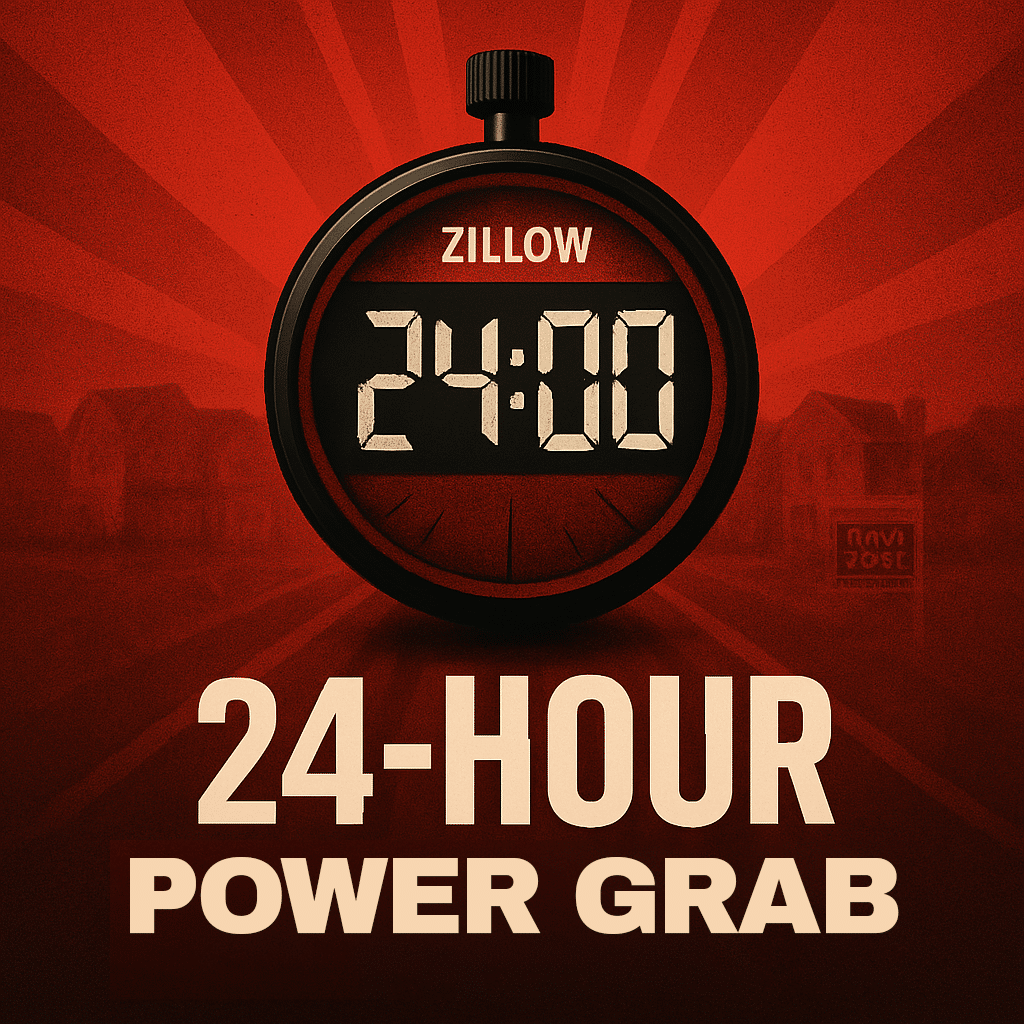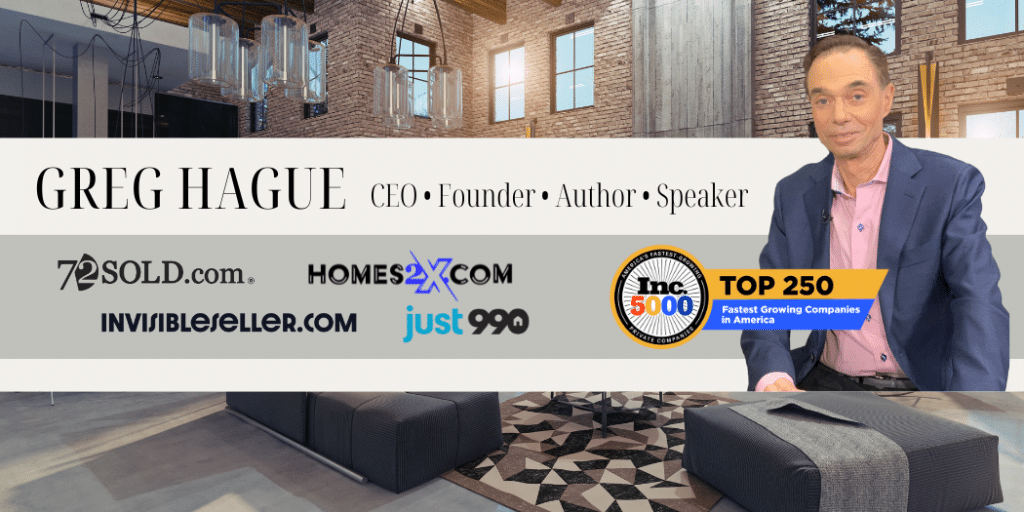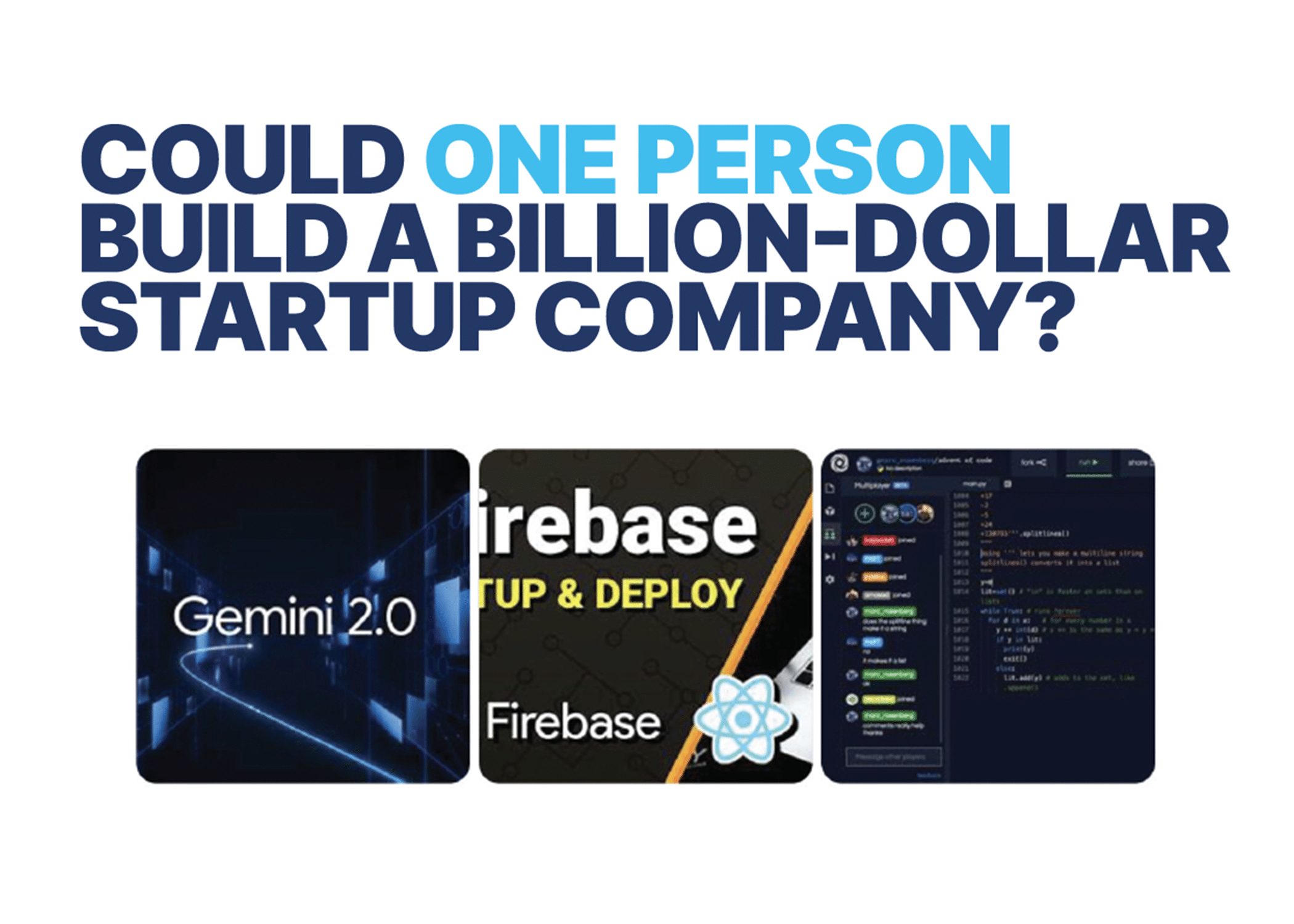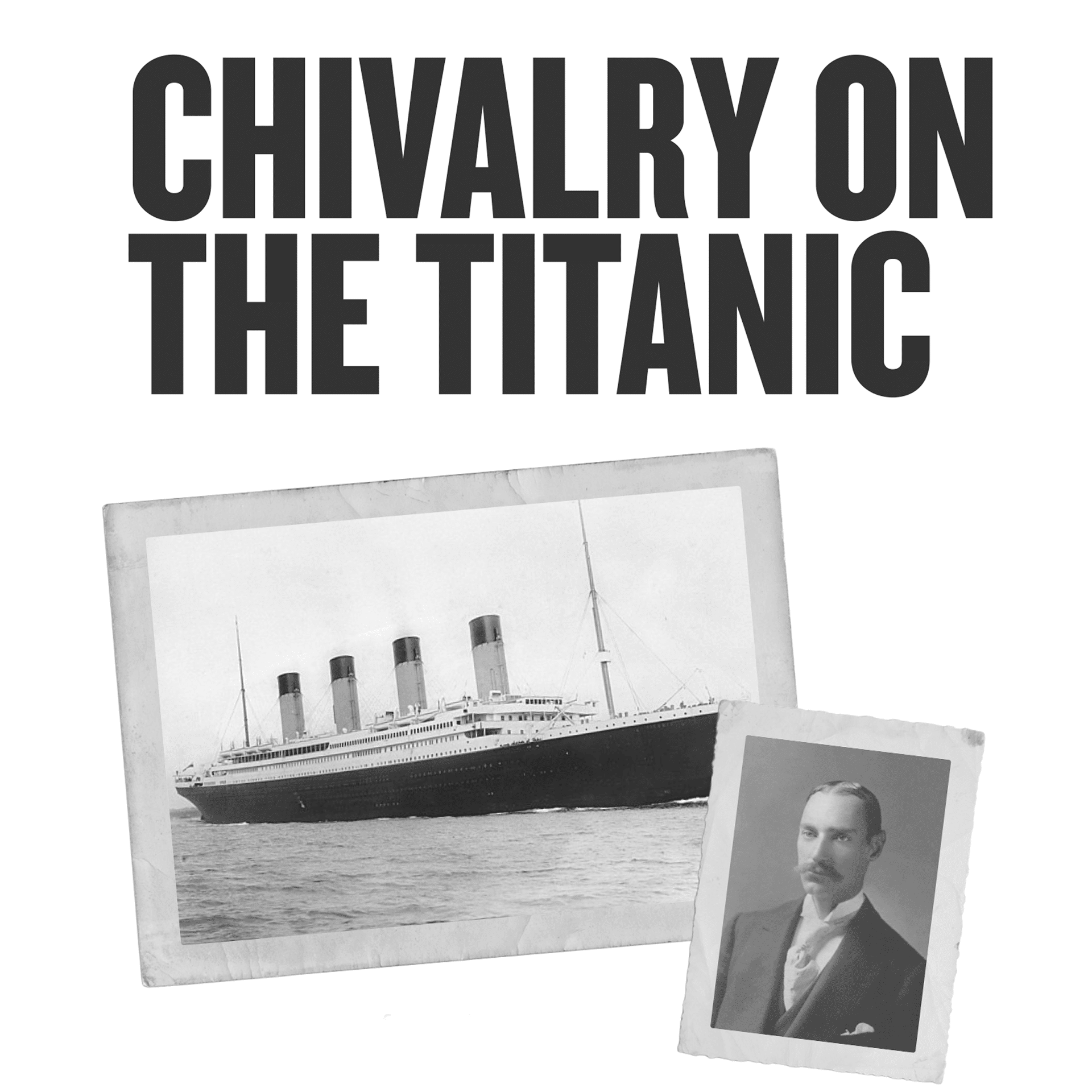Home search website Zillow just imposed a controversial new rule:
If your home is publicly marketed by your agent in any way—even a simple social media post or a “coming soon” mention—and it isn’t posted to the MLS and Zillow within 24 hours, that listing will be permanently banned from Zillow’s site.
Not temporarily. Permanently.
Zillow’s PR team framed it with a feel-good slogan:
“A home marketed to any buyer should be marketed to every buyer.”
But that’s not the true intent.
This is a rule designed to fuel Zillow’s profits.
Zillow uses home listings to capture buyer leads, which it then sells to agents. That’s the company’s primary source of revenue. This new rule isn’t about fairness, it’s about maximizing listings on Zillow’s site to generate more buyer traffic and convert that traffic into revenue. Period.
Zillow’s Every Buyer “Standard” Isn’t a Standard
There is no law or business rule that says a product marketed to any buyer must be made available to every buyer.
If that were the case, it would place an unreasonable burden on businesses across the country and completely dismantle the global strategies of companies that rely on exclusivity and scarcity to drive demand—think Ferrari, Hermès, Rolex, Louis Vuitton, Cartier, and Prada.
In fact, instant mass exposure can depress sale prices by creating a sense of sameness, a lack of perceived uniqueness, instead of the feeling of exclusivity that motivates buyers to act quickly and pay more.
Zillow’s True Goal:
More Listings = More Profit
Zillow claims its 24-hour rule protects buyers.
That’s clever marketing.
The real reason? Zillow wants more homes listed on its site. The more listings they have, the more buyer traffic they generate and the more buyer leads they can sell to agents.
That’s why, when you click “Contact Agent” next to a Zillow listing, you’re often connected to an agent who paid Zillow for the lead, not the actual listing agent who knows the home.
In many cases, the agent you reach knows no more than what’s posted online.
Zillow Kills the Power of Exclusivity
Luxury brands understand the power of exclusivity. They know that when buyers feel like insiders—like they’re getting early access—they’re more likely to make strong offers, fast.
This strategy works in real estate too.
But once a home is on Zillow, every buyer knows it’s exposed to everyone. That destroys your agent’s ability to leverage the ESU Effect—Exclusivity, Scarcity, Urgency—to generate faster, stronger offers.
And after a few days of mass exposure, buyers start to ask:
“Why hasn’t it sold yet?”
That question weakens perception of value and puts the seller at a disadvantage.
Zillow Feels the Pressure
So why did Zillow implement this rule now?
Because more agents and firms are successfully embracing off-MLS, off-Zillow marketing—and it’s working.
Compass, a publicly traded brokerage, reported that homes first marketed privately through its platform—outside Zillow and MLS—sold for 2.9% higher average prices.
A 2025 independent MLS study of more than 11,000 home sellers who used my firm’s 72SOLD process—starting with off-Zillow and off-MLS marketing—showed a 5.8% higher median sale price compared to other MLS sales.
National brands like Sotheby’s, Douglas Elliman, Corcoran, and Luxury Presence have introduced exclusive marketing portals to give sellers the privacy, positioning, and leverage that Zillow strips away.
Zillow recognized this shift. It saw the threat and struck back.
Zillow’s Website Can Harm Your Sale
Here’s why sellers should be concerned about listing their homes on Zillow too early, if at all:
You lose the opportunity to assess buyer demand without leaving an online footprint that makes it look like you tried to sell and failed.
Buyers are often directed away from your listing agent to another agent who pays Zillow for leads, an agent who may know nothing about your home and might even steer the buyer toward their own listing (yes, it happens often).
You forfeit the chance to make buyers feel special with early access, eliminating the sense of exclusivity that drives higher offers.
Zillow tracks and displays days on market, leading buyers to assume your home is overpriced.
Price reductions are visible too, signaling desperation and encouraging lower offers.
Zillow to Buyers: Lowball the Seller
On some listings, Zillow even publishes buyer “guides” that suggest what to pay for a home, recommending below asking price offers based on time on market and surrounding listings.

This isn’t just a disservice to sellers, it’s misleading to buyers.
Zillow has no idea if your price is firm or flexible. Yet it’s actively encouraging buyers to undercut you.
Is Zillow Purposely Slowing Sales?
Think about Zillow’s business model.
It profits from buyer leads.
To maximize those profits, Zillow needs homes to stay actively listed and unsold on its website. The longer a home remains unsold, the more buyer leads Zillow can generate and sell to agents.
Could that be why the platform highlights days on the market, price cuts, and even suggests lowball offers?
It’s a fair question.
Some Real Estate Firms Are Pushing Back—
Others Are Supportive
Some real estate firms, like eXp, have supported Zillow’s new policy, likely because their business model depends on the very leads Zillow sells.
Others, like Compass, have taken a firm stand against the rule, calling it anti-competitive and harmful to consumers.
I predict those who align with Zillow will come to regret it.
Informed sellers will choose to work with agents who maintain marketing independence and aren’t handcuffed by Zillow’s profit-first policies.
Why I’m Speaking Out
I’ve been in real estate over 40 years and personally sold thousands of homes. I was ranked by Realtor Magazine among the “Top 25 Realtors in America.”
I’m the founder and CEO of an Inc. 5000 Top 250 company, the #1 fastest-growing real estate firm in the Western U.S. I’m also an attorney who scored #1 on the bar exam.
I have a legal, business, and industry perspective unlike anyone else in the real estate space.
Take it from me:
Zillow’s 24-hour rule isn’t about fairness.
It’s about control… and profit.
If you’d like to learn more, watch the short 7-minute podcast below where this topic is covered in a lively discussion.












